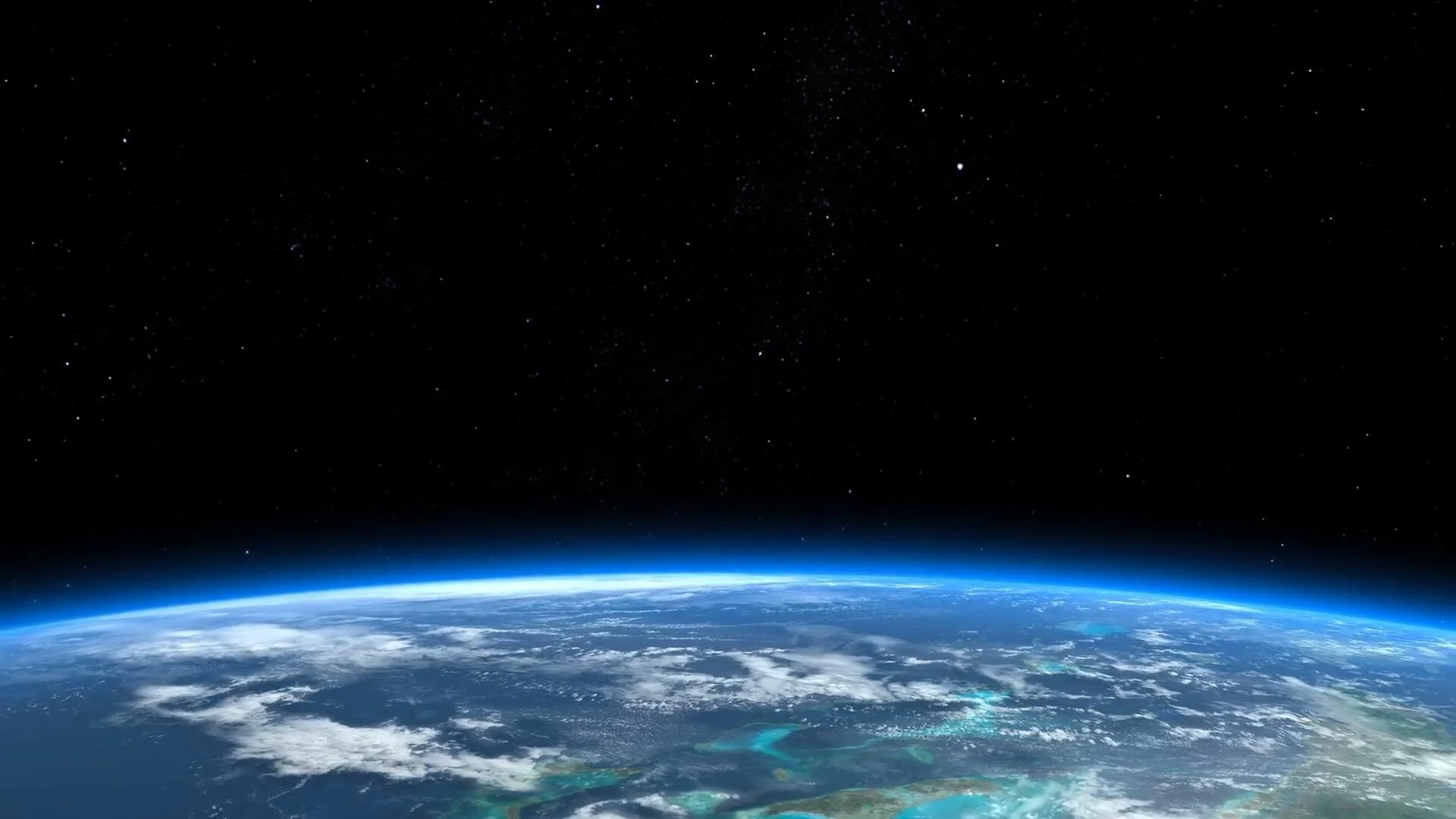
UNOOSA
United Nations Office for Outer Space Affairs
The United Nations Office for Outer Space Affairs (UNOOSA) is the UN body responsible for promoting international cooperation in the peaceful uses of outer space. UNOOSA works to strengthen the international regulation of space activities and to assist member states in developing the ability to engage in safe, sustainable, and equitable space exploration. It plays a critical role in supporting the implementation of treaties such as the Outer Space Treaty of 1967 and ensuring that outer space remains a global commons for the benefit of all humankind. Delegates should note that UNOOSA does not possess enforcement powers; rather, it provides policy guidance, facilitates international agreements, and serves as a platform for negotiation and cooperation among member states and other stakeholders.
Topic A: Regulating the Weaponization of Space and the Use of Military Satellites
As technological advancements become more common, space has become strategically very important. The growing use of military satellites for surveillance, communication, and navigation, as well as the potential deployment of weapons in orbit, raises profound security concerns. Delegates in this committee must consider how to prevent an arms race in outer space while still balancing states’ security interests. The key challenges of this committee are defining what constitutes the “weaponization” of space, addressing the dual-use nature of space technology, and ensuring transparency and confidence-building among nations. The debate should explore new avenues to build confidence between nations to maintain space as a zone of peace and cooperation.
Topic B: Creating Guidelines for Sustainable and Equitable Resource Extraction in Outer Space
The prospect of extracting resources from space is no longer science fiction– it is an imminent reality. While space resource utilization could support technological development and benefit humanity, it also raises concerns regarding environmental sustainability, legal ownership, and equitable access for all nations. Delegates in this committee must examine how to create international guidelines that prevent resource extraction from becoming monopolized by a few technologically advanced states or private companies. Issues such as environmental protections, benefit-sharing mechanisms, and alignment with the Outer Space Treaty must be central to the debate. The outcome should focus on ensuring that space resources are managed as a common heritage of humankind while fostering innovation and exploration.
